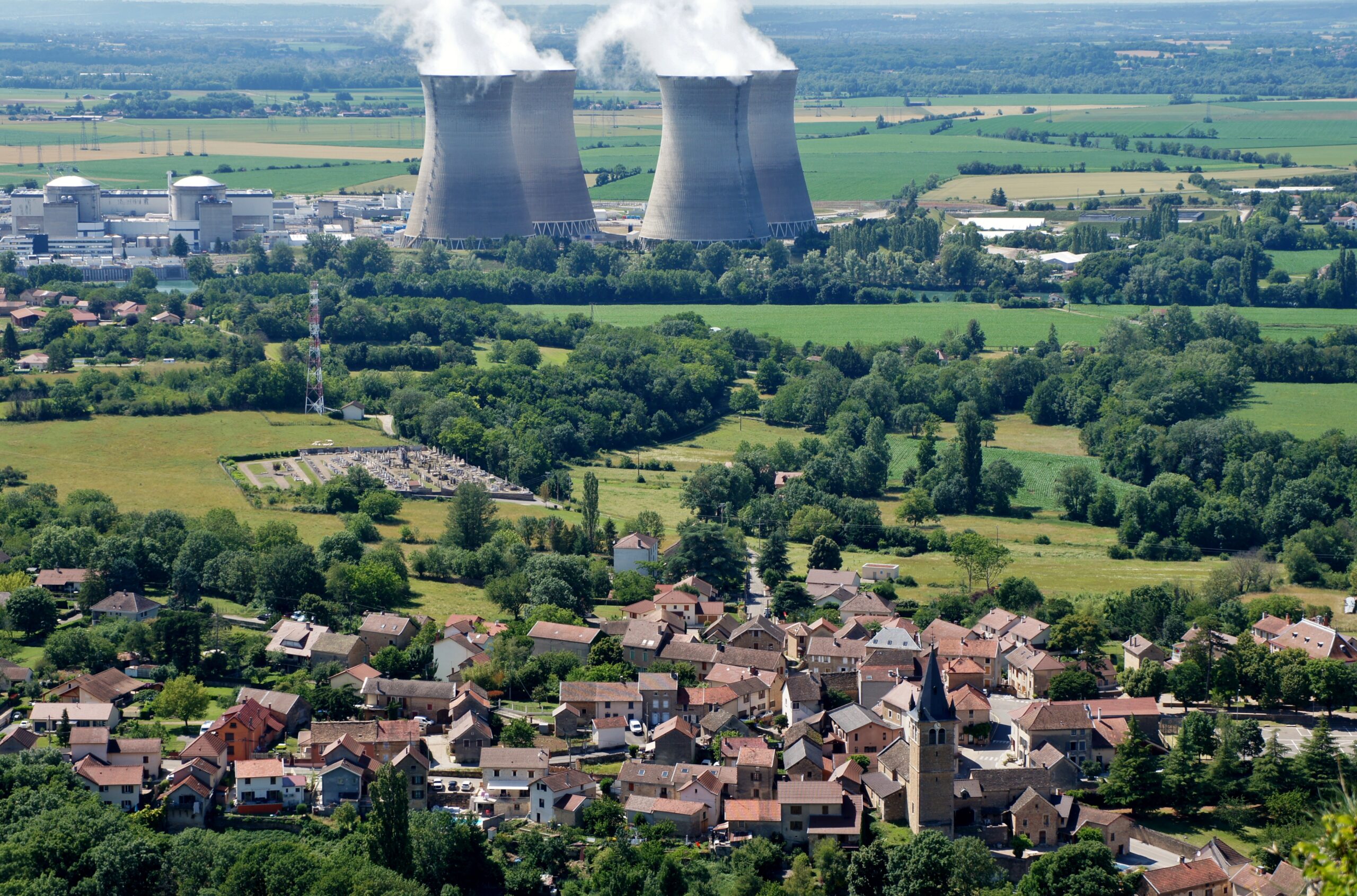A new report from Brussels-based trade association Nucleareurope highlights the significant economic and social benefits that a robust nuclear power industry can bring to the European Union, beyond its crucial role in decarbonization.
The Deloitte-authored “Economic and Social Impact Report” makes a compelling case for expanding nuclear capacity beyond the region’s current total of 106 GW, demonstrating its positive ripple effects across employment, household income, and public revenues.
The study projects that deploying a 200 GW nuclear power capacity between 2025 and 2050 – a scenario where long-term operation of existing plants is combined with new construction – would yield substantial economic growth, amounting to nearly €10 trillion across the 27 European Union member states (EU-27).
Annually, this scenario could generate €383 billion in EU economic output, sustain over 1.6 million jobs, contribute €59.3 billion to disposable household income, and add €71.9 billion in public revenues through tax payments.
These figures represent a significant increase compared to a scenario with a lower, 100 GW nuclear capacity. For instance, the 200 GW scenario could lead to an additional €142.5 billion in annual economic output compared to the 100 GW scenario, totaling an incremental impact of €3.6 trillion over the 2025-2050 period.
Beyond headline figures, the report delves into the “multiplier effect” of nuclear energy. For every euro of direct economic output from the nuclear industry, an additional 1.8 euros are generated indirectly and as induced contributions, resulting in a total impact of 2.8 euros on the EU-27 economy.
Similarly, each direct job in the nuclear sector supports 5.6 additional jobs across the EU labor force, culminating in a total of 6.6 jobs. This highlights nuclear power’s status as a labor-intensive energy technology, particularly throughout its construction, operation, and decommissioning phases.
Nuclear power is already a crucial sector in the European economy. It accounts for a greater share of the GDP than other forms of renewable energy and creates more jobs per 1 GW of installed capacity.
The findings underscore that investing in nuclear energy is not solely about achieving ambitious climate goals. It is a strategic move that offers widespread economic advantages, fostering job creation, boosting household incomes, and increasing public revenues across member states, even those without active nuclear power generation due to interconnected economies and cross-border activities.
As Europe strives for a climate-neutral economy by 2050, the Nucleareurope report provides a strong economic rationale for nuclear power as a key pillar of sustainable growth.







